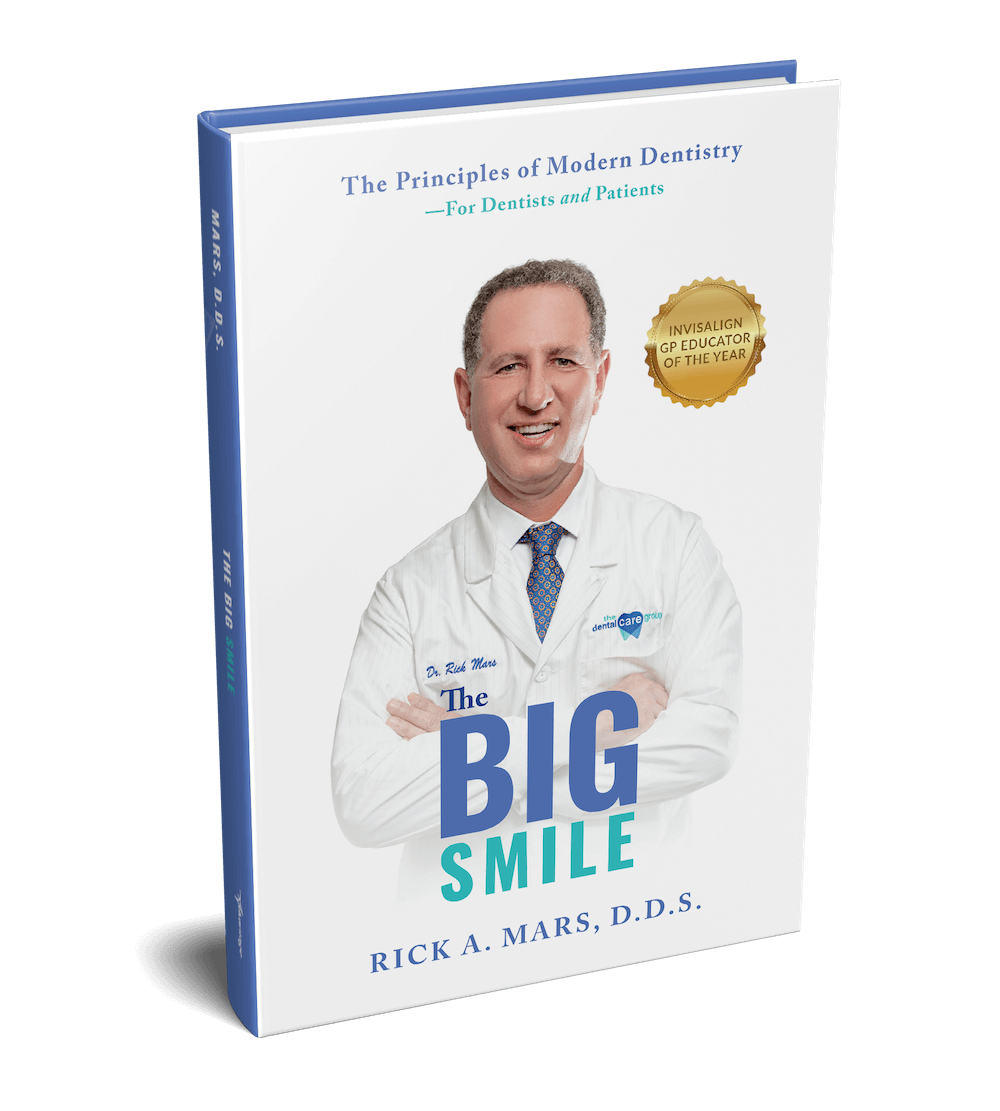Your oral health is about more than just keeping your smile strong. There are many links between the health of your mouth and your overall well-being. While dentists could never take the place of physicians, they can often spot early warning signs of more serious health concerns.
Many patients don’t see their general physician unless they feel ill, which can mean years between check-ups. It’s recommended that patients see their dentist at least every six months, so there’s a good chance they’ll be the first to catch indications of underlying issues. Here are just a few ways your dentist can help you keep your whole body healthy.
Blood Pressure Checks. It’s routine in my office for us to check patients’ blood pressure levels at least once a year. While we can’t treat a patient for abnormally high blood pressure, we can inform them of the issue and send them to someone who can help right away.
You might ask why a dentist would even check someone’s blood pressure? For me, the answer is simple. I want my patients to stay as healthy as possible. I would hate to know that a heart attack or stroke could’ve been prevented if I’d only checked a patient’s blood pressure levels. At The Dental Care Group, we treat the patient as a whole person, not just a set of teeth.
Oral Cancer Screenings. If your dentist isn’t automatically checking for oral cancer (or you’re not sure if they are), request a screening. During every exam, you should be checked for signs of abnormal cells. You can also ask if your dentist can check you for HPV (Human Papillomavirus). Some types of HPV have been linked to the development of oral cancer.
Those with a higher risk of oral cancer should be checked more frequently. Circumstances that increase oral cancer risks include tobacco use, heavy alcohol consumption, and a history of oral cancer.
Catch Problems Early. Did you know that there are eleven different types of plaque and bacteria in the mouth that can indicate a higher risk of heart disease, stroke, or diabetes? In my office, we routinely run saliva tests to check for these in all patients.
We also offer radiographs, which can actually reveal blockages in the carotid arteries. While we wish we could catch risks like these long before they become serious, it’s better to know and see a specialist than to let the problem worsen.
Signs of Sleep Apnea. Frequent snoring is often caused by a condition called obstructive sleep apnea (OSA). OSA occurs when the airway is blocked during sleep, causing a person to momentarily stop breathing. This condition prevents individuals from getting consistent quality sleep and can have detrimental effects on their daily lives.
Dentists are able to create appliances for patients to wear at night that open the airway and improve overall sleep quality. If you’ve been told that you snore or find yourself gasping for air during the night, ask your dentist about sleep apnea treatment.
More than one patient has said to me that I am his or her “most important doctor.” Although this is quite flattering, I am the first to dispute this statement. Every doctor plays a critical role in their patient’s care, but regular health and dental checkups should be scheduled routinely and patients should use all of the information in these checkups to maintain healthy bodies and mouths.




